The Board of the Drug Policy Network South East Europe, at meeting the held by Zoom on 8 March 2021, discussed preparations for the annual General Assembly.
The Board decided that the General Assembly will be held via Zoom on Monday 29 March 2021.
The member organisations are invited to send information about their official representatives by Monday 22 March. The registered representatives will get the link to the Assembly and password so that we are able to establish quorum and organise voting.
The Board was informed that the Greek Users Union “Peer Network of Users of Psychoactive Substances – PeerNUPS” has a legal status and that they will request membership in the Network. The Board supported this application and proposes that community organisations don’t have the obligation to pay membership fees for several years until they achieve sustainability.
The Board noted that Ilinka Serdarević submitted her resignation due to personal reasons which prevent her to perform this position in full capacity. The Board thanks Ilinka for her significant contribution to the work of the Network and hopes that she will continue supporting us.
In accordance with the Article 18 of the DPNSEE Statutes, the Board invited member organisations to propose candidates for co-opting. The Board reminds that this article defines that “The composition of the Board shall reflect the entire diversity (geographical, gender, ethnic) of the Network” and warmly welcomes candidatures from countries which currently we don’t have a Board member (Albania, Bulgaria, Croatia, North Macedonia and Romania). The Board strongly supports and invites women and representatives of the community of people who use drugs to apply.
The Board was informed that DPNSEE signed the contract with the Regional Youth Cooperation Office on 23 February for implementation of the project No risk, no borders for young people. The first activities of the project already started, including a consultative meeting of the project partners, the call for logo and visual identity is already open, scheduling workshops and the first planning meeting of the project team.
The Board also discussed the process of finalising the agreement with the EU TACSO 3 to get support for Adjusting the DPNSEE Strategy to the new reality caused by the coronavirus pandemic and designing the Public Relations and Communication Strategy and communication with several partners on potentials for preparing a project proposal for the Supporting Initiatives in the field of drugs policy – a big call from EU, aimed for strategic, long term projects related to drug policy.
The Board concluded that we DPNSEE is not invited to participate in preparations of the multi-country project to the Global Fund. The Board finds this process as not fully transparent and based on a comprehensive evaluation of needs of our region and deprives some countries of South East Europe.
 The Vienna NGO Committee on Drugs is co-sponsoring several side events at this years CND (12-16 April 2021) and has been asked to nominate speakers. All events will be held online.
The Vienna NGO Committee on Drugs is co-sponsoring several side events at this years CND (12-16 April 2021) and has been asked to nominate speakers. All events will be held online.
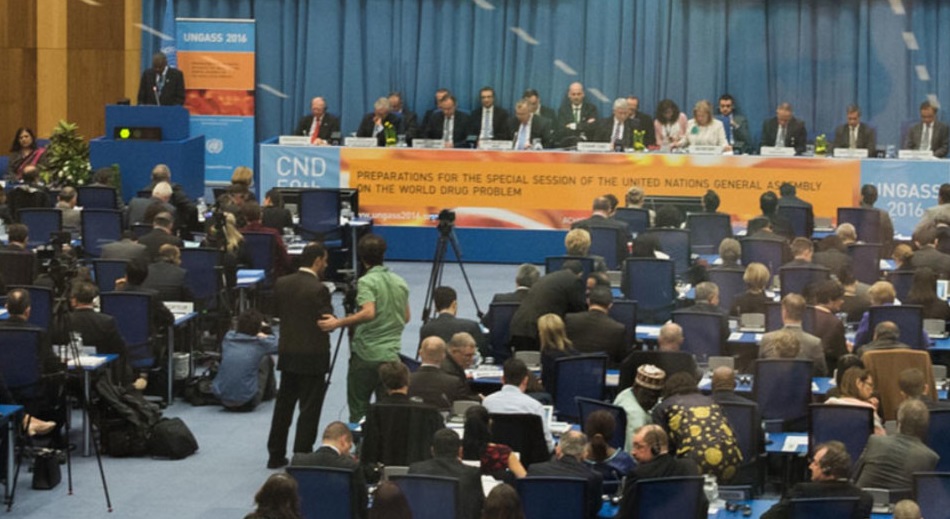
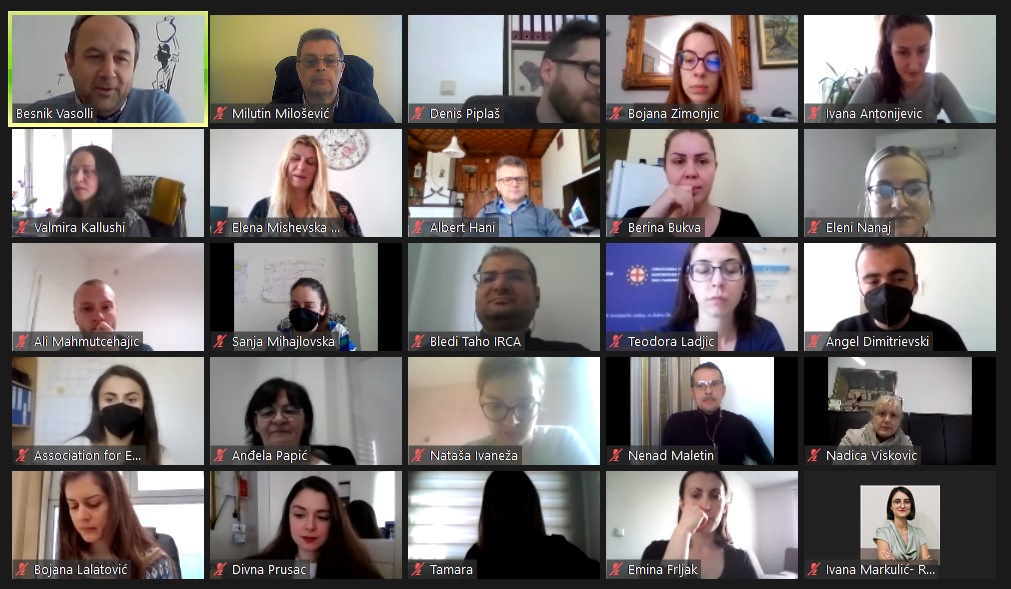





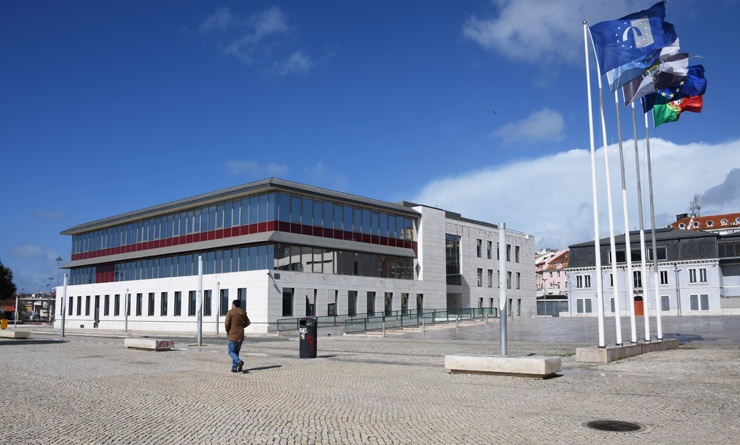
 To read the full report,
To read the full report, 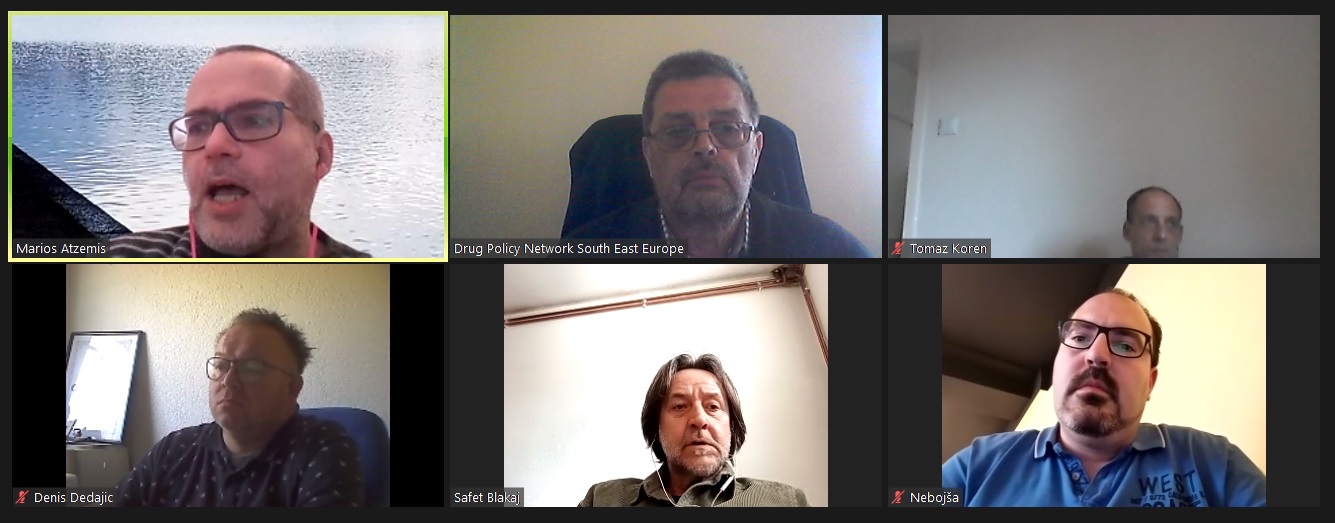
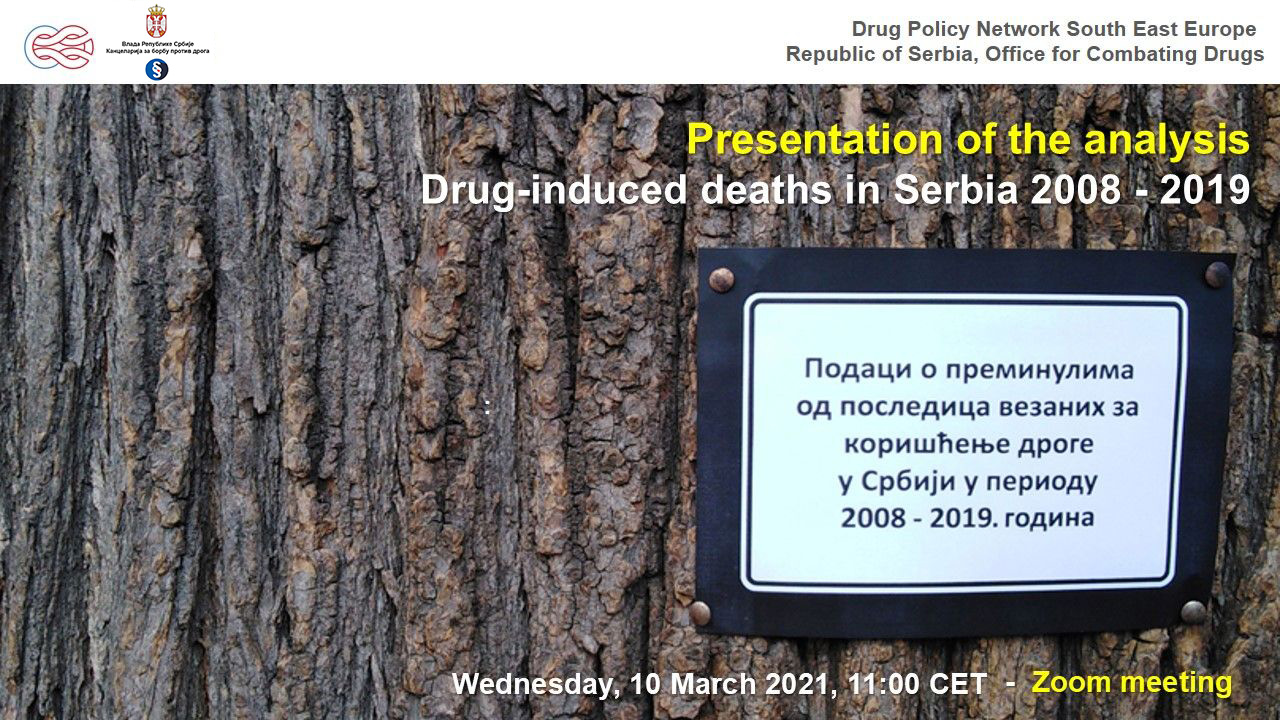

 The
The 